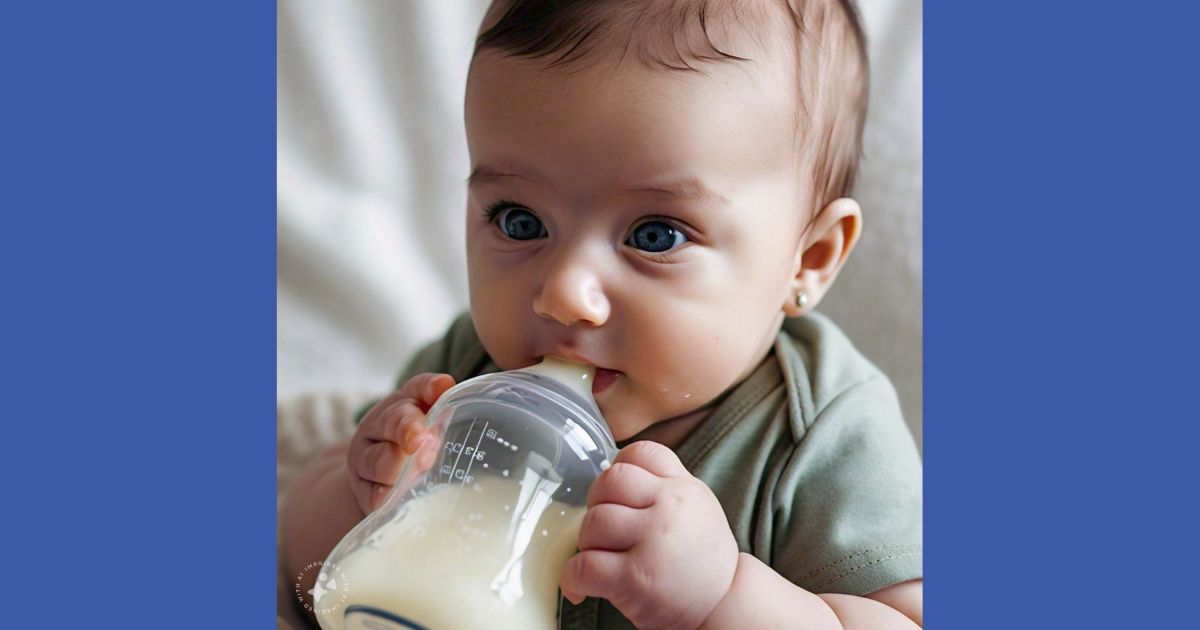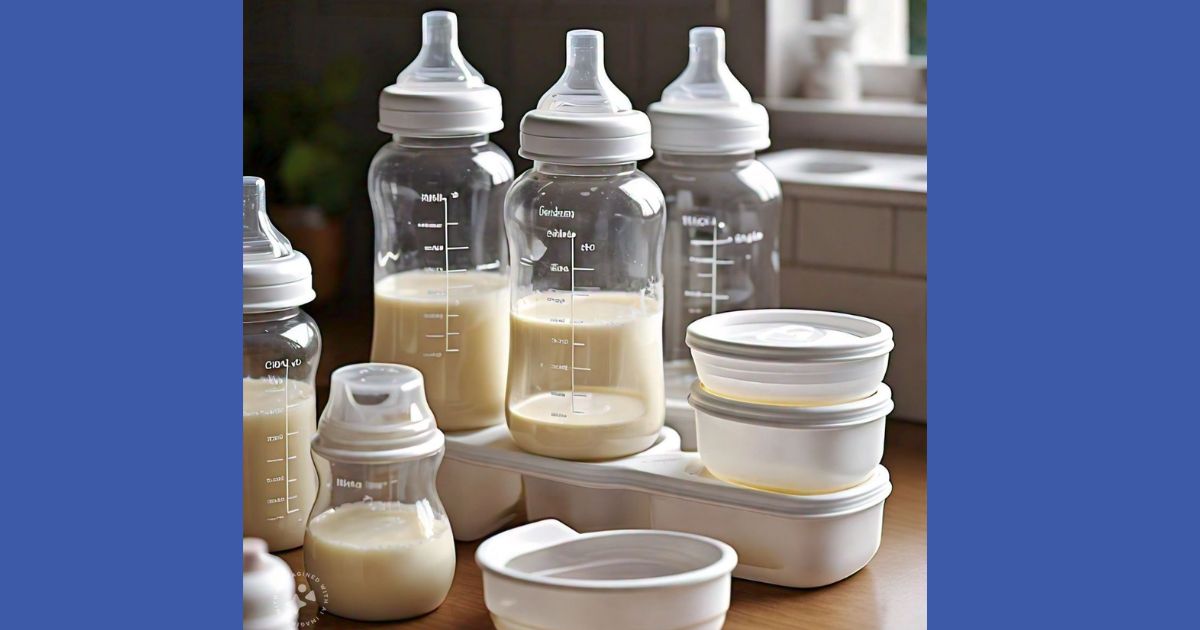How To Prepare Formula For Newborn
Formula feeding is a viable and safe option for mothers who cannot or choose not to breastfeed. It provides essential nutrients for a baby’s growth and development. This comprehensive guide will cover the essential aspects of formula feeding, from preparing and storing formula to bottle feeding techniques and the benefits of formula feeding.

Preparation and Hygiene Tips for Formula Feeding
Preparation Tips
- Follow instructions – Always follow the specific instructions on the formula.
- Measure accurately – Use the provided scoop to measure the formula and ensure its level.
- Use warm water – The water should be around 100°F (38°C).
- Shake vigorously – Ensure the formula is completely dissolved by shaking the bottle vigorously.
- Test temperature – Test the temperature of the formula by dropping a small amount onto your inner wrist.
Hygiene Tips
- Wash hands and equipment – Thoroughly wash your hands with soap and water before handling formula and equipment.
- Clean bottles and nipples – Use hot, soapy water or a bottle brush to clean bottles, nipples, and other feeding accessories.
- Store unused formula properly – Refrigerate any unused formula within one hour of preparation and discard after 24 hours.
- Avoid contamination – Prevent contamination by keeping formula containers and equipment clean and dry.
- Use clean water – Ensure you’re using safe drinking water to prepare the formula.
Additional Tips:
- Consider a formula dispenser – This can be convenient for travelling or preparing multiple feedings.
- Avoid microwaving formula – Microwaving can create hot spots and burn your baby’s mouth.
- Use boiled water – If you’re concerned about the quality of your tap water, use boiled water that has cooled.
By following these preparation and hygiene tips, you can ensure the safety and nutritional value of your baby’s formula.

Preparing and Storing Formula
Proper preparation and storage of formula are crucial to ensure the safety and nutritional value of the milk. Here’s a step-by-step guide:
- Washing hands and equipment: Thoroughly wash your hands with soap and water before handling formula and equipment. Clean all bottles, nipples, and other feeding accessories with hot, soapy water or a bottle brush.
- Preparing the formula: Follow the instructions on the formula precisely. Use the provided scoop to measure the formula and add it to the bottle. Pour the recommended amount of warm water into the bottle. Shake the bottle vigorously to dissolve the formula completely.
- Cooling the formula: If using tap water, let the formula cool to room temperature before feeding your baby. If using boiled water, let it cool for at least 30 minutes before adding the formula.
- Storing unused formula: Refrigerate any unused formula within one hour of preparation. Store it in a clean container or the original formula can. Discard any unused formula after 24 hours.